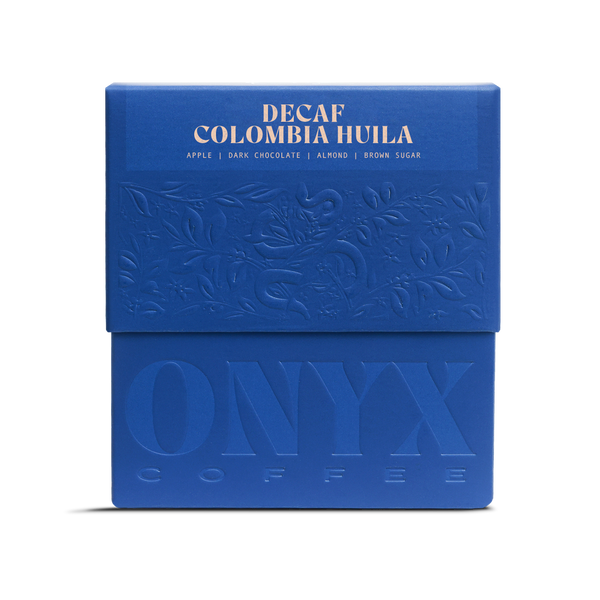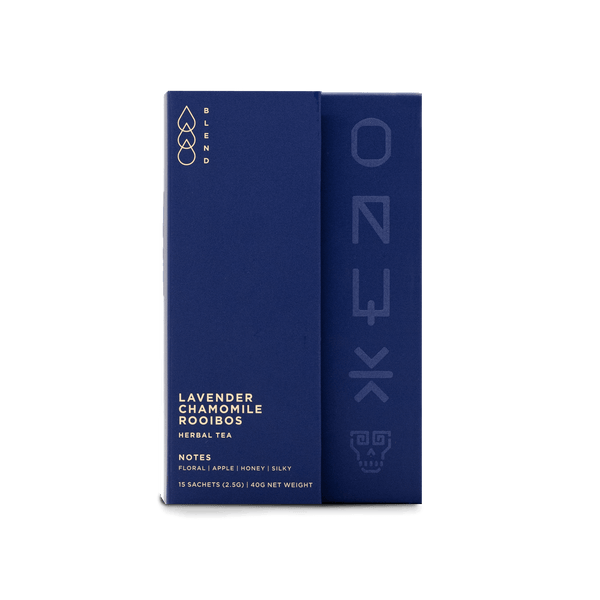Story
This coffee comes to us by way of our friend and collaborator Michael Adinew. Michael is a pillar amongst green coffee, and has been partnering with select roasters in the US through his business as Cafe Hilm. Michael is the type of person that seemingly knows everyone within coffee, and nowhere is that truer than in Ethiopia. Now residing in California, Michael is from Ethiopia and maintains many connections with Ethiopian coffee. We routinely carve out some space to collaborate with him in our Ethiopian coffee program, and have never been disappointed with what we find together. This natural processed coffee from Testi Ayla maintains that high bar.
TESTI AYLA
The Testi Ayla station is located in the village of Shantawene, close to the Harenna forest preserve. Over a thousand small-holder coffee producers deliver cherry to the Testi Ayla station, all of which are growing native coffee in the Bensa region. Operating an independent processing station creates many challenges within a highly competitive area like Sidama, but the owner and operator, Faysel Yonis has set up systems to maintain the loyalty of the members. Using business acumen and developing community projects that support the people in the area has been the key to Testi Ayla’s success. Another key to success has been their penchant for producing exceptionally high quality coffees, both their washed and natural processed lots. By maintaining their place in the community, they have a great pick of choice cherry when harvest time rolls around. Through this, they process each delivery immaculately, taking care of drying times when conditions can drastically shift from hot and dry to cold and humid. The business of Testi Ayla is a quality focused one, but not only by pushing coffee quality to the forefront, but by valuing the land, community, and the people who grow these coffees.
WASHED PROCESSED COFFEES
The washed process begins with coffee cherries delivered to the washing station, both from the primary market or from farmers bringing their coffee directly to the mill. The cherries are inspected, and an initial quick round of hand-sorting separates the defective coffees before placing them into the hopper. They are then funneled to the depulper, which removes the fruit from the seeds (beans). After that phase is done, the coffee is fermented underwater for approximately 12-36 hours. During this fermentation, a microbial de-mucilagation takes place, which allows the outer fruit and pectin layer to break down, making the coffee easier to dry. This phase also crucially alters the organic acids within the coffee, as sugars and organic acids are transformed, with the best washed coffees maintaining their complex fruit esters. Once the fermentation is complete, the parchment is emptied into the washing channels, where it is agitated with rakes to remove the last of the fruit layer. During this step, the water is refreshed to ensure its capability of separating the fruit layer from the seed. Once the washing is complete, the coffee is taken to the raised drying tables for sun drying.





